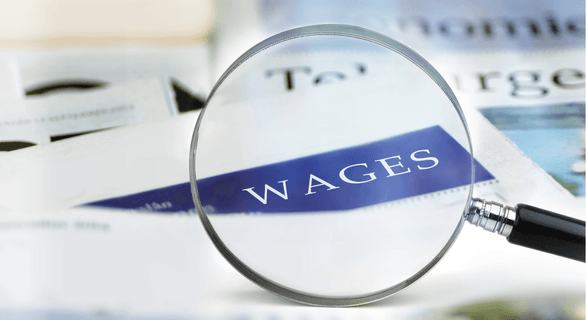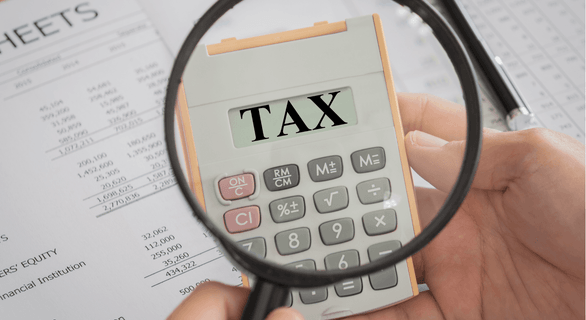
fEBRUARY 6, 2024
From 2024 – C02 Tracking and Reporting of Employee Travel Totals

We would like to inform you regarding a new reporting obligation that will be implemented starting 1 July 2024. If your company employs at least 100 employees in the Netherlands, you will be required to track and report the total number of kilometers your employees travel for work-related purposes annually. This initiative is part of a government plan to monitor and eventually reduce CO2 emissions linked to business travel.
What travel must be tracked and reported?
- The total distance of work-related travel by employees throughout a year, distinguished between business travel and commuting. A further split by type of travel (car – specifying the type of motor, bicycle/foot, public transport etc.) is also required;
- Business trips to or within other countries by car or train need to be tracked and reported, while those undertaken by plane or ferry are exempt.
What travel does not need to be tracked?
- Private trips in company-provided vehicles (leased cars);
- Travel by consultants, agency employees, employees of group companies or any employees working less than 20 hours a week;
- This measure exclusively applies to employees regularly working in the Netherlands, excluding those employed in foreign branches of a Dutch company;
- Transportation of goods is not included in the reporting requirements.
When and how is travel reported?
- Only companies with at least 100 employees in the Netherlands on 1 July 2024 (and on 1 January of subsequent years) are subject to the tracking and reporting requirements;
- While voluntarily tracking and reporting of employee travel totals has been possible since 1 January 2024, it will become legally required to collect and report these totals starting 1 July 2024;
- The reports for the period 1 July to 31 December 2024 must be filed by 30 June 2025;
- Reporting will be facilitated through an online portal, accessible via the e-Herkenning digital identity tool;
- Companies are not required to perform the conversion of employee travel totals to CO2 emissions, as it will be executed centrally.
Employee Privacy
Only the total number of kilometers traveled by all company employees, categorized by type and method of travel, will be reported. Individual employee data will not be disclosed.
How can Briddge assist?
Briddge’s Human Resources and Accounting teams can assist your company with:
- Determining whether your company is required to track and report employee travel totals;
- Supporting you in configuring your systems to collect the required travel data;
- Preparing and submitting the travel reports.
For additional information, please visit the following links:
If you have any questions or would like our assistance with this new obligation, please contact us.





